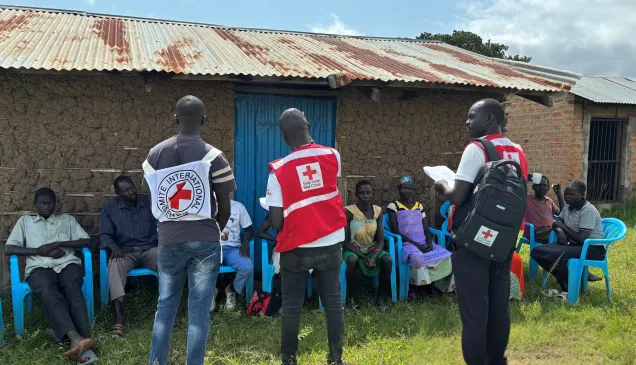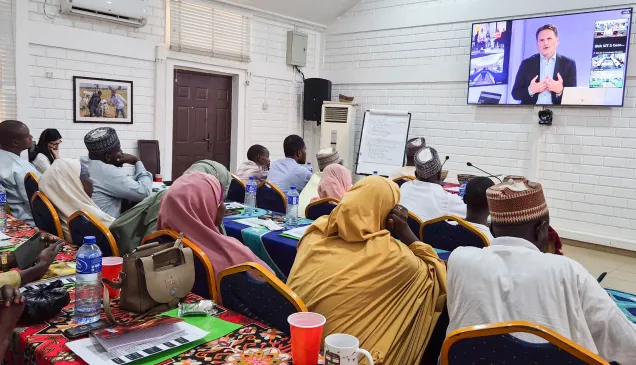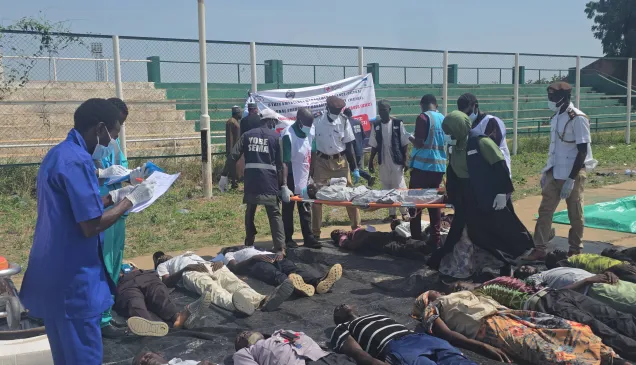Nigeria: ECOWAS States discuss implementation of international humanitarian law
Abuja (ICRC) – A three-day seminar to evaluate the progress in implementing international humanitarian law (IHL) in members of the Economic Community of West African States (ECOWAS) opens today in Abuja, Nigeria.
IHL is a set of rules that seek, for humanitarian reasons, to limit the effects of armed conflict. It protects persons who are not, or who are no longer, taking part in hostilities; it also restricts the means and methods of warfare. The main treaties are the four Geneva Conventions of 1949 and their three Additional Protocols. "It is, of course, of paramount importance for treaties to be formally adopted by all States," says Karl Anton Mattli, head of delegation in Nigeria for the International Committee of the Red Cross (ICRC). "They must do so not only through ratification or accession, but also through domestic legislation. And they must take measures to ensure that the rules are applied."
The 12th Annual IHL Review Meeting, which is jointly organized by the ECOWAS Commission and the ICRC, convenes representatives of 15 West African States to assess the progress made in implementing the IHL instruments ratified by their countries and the challenges they faced along the way. This year, participants will discuss, in greater detail than in the past, the framework of laws protecting health-care workers and facilities, and the application of IHL in multilateral operations.
"By working with the ICRC we are able to give participants an excellent opportunity to discuss their countries' various ways of implementing IHL and offer workable solutions to problems that have been identified," says Fatimata D. Sow, ECOWAS Commissioner for Social Affairs and Gender. "It is because of the comparatively recent, sharp rise in armed violence in Africa, particularly West Africa, that the decision was made to give this forum its particular orientation: towards the rapid ratification of IHL treaties, their incorporation in domestic law and their implementation by ECOWAS States."
"The scale of the crises in some West African countries, and their increasingly serious regional consequences, make it more urgent than ever to ensure that IHL rules are recognized and declared to be binding in the domestic legislation of member States," Mr Mattli explains. At meetings such as this, the ICRC seeks to reinforce protection for the victims of these crises by facilitating the implementation of best practices among ECOWAS member States.
The ICRC and ECOWAS have been working together in West Africa since 2001 to ensure respect for IHL, and to ensure also that its provisions are implemented.
For further information, please contact:
Dénes Benczédi, ICRC Abuja, tel: +234 706 418 90 02 or +234 703 595 41 68



